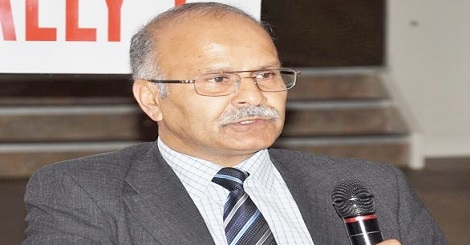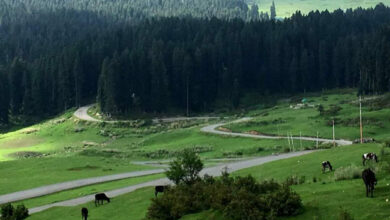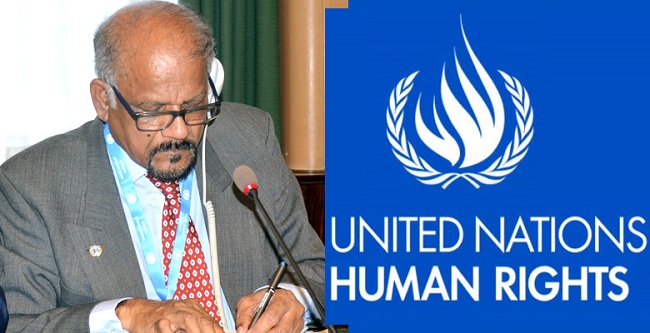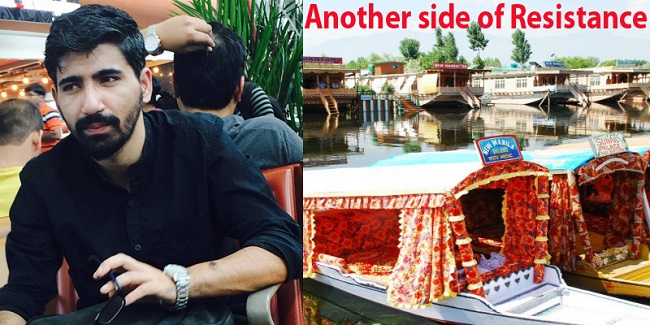India’s G-20 presidency: Jammu and Kashmir summit 2023

Written by: Bisma Hameed
In December, last year, India acquired leadership of the G-20, an economic cooperation group made up of 19 nations and the EU. It is the foremost forum for global cooperation on the most crucial issues of the financial and economic agenda. The host country-India-has scheduled the 215 G-20 meetings across 55 locations. A complete schedule of events leading up to the summit has been released. Two significant events of the Summit are being held in Kashmir’s summer capital of Srinagar and in Leh, in Ladakh in Indian occupied territory. This is for the first time that an international event is being hosted in the region ever since the Modi government abolished Kashmir’s special status in August 2019 and divided it into two federally controlled regions.
The move has triggered a massive debate within the political and diplomatic circles within the Kashmir region and beyond, since the meetings are going to take place at a crucial time when Kashmiris are still grappling with a multifaceted crisis the region plunged into following India’s 5th August 2019 controversial decision.
Referring to the plight of Kashmiri people, Abdul Bhatt, a shopkeeper in Srinagar-in Indian-occupied Kashmir- told media men that “We still continue to live in fear under the shadow of occupation”. “The separatists may have been marginalized and the guns may have gone silent but can we move around and act freely?”, he said.
Senior diplomat and political analyst Ambassador Ashraf Jehangir Qazi, referred to India’s choice to conduct the ceremony in Srinagar as “highly inappropriate.” According to the current state of affairs, this issue is not treated properly because of India’s prominence, which is completely incorrect, Qazi told Al Jazeera.
Qazi described it as unfortunate that the Western nations, who pride themselves on being supporters of human rights, choose to stay silent on India’s choice. They are disrespecting United Nations resolutions regarding this as well as the fact that India is a serious human rights offender.
Pakistan’s former foreign minister, Shah Mahmood Qureshi, while criticizing India’s human rights record, particularly in the disputed region of Jammu and Kashmir, stated that India’s presidency was a “missed opportunity” for promoting regional peace and stability.
One of the criticisms of India’s G20 presidency was that it did not adequately address global economic challenges, such as inequality and climate change. Some experts argued that India did not take a strong enough stance on these issues, and that it failed to lead the G20 in a direction that would have a positive impact on the global economy.
Another criticism was that India’s presidency did not effectively coordinate with other G20 countries to address the COVID-19 pandemic. Some experts argue that India could have done more to promote global cooperation and coordination in response to the pandemic, particularly in terms of vaccine distribution and ensuring equitable access to vaccines for developing countries.
The G20 nations must understand that the Indian-occupied territory of Jammu and Kashmir is the most militarised territory in the world, extremely unstable and subject of fierce conflict. Three of the world’s most powerful armies, equipped with nuclear weapons, are seated face to face in the region. G20 nations presence in Jammu and Kashmir, which happens to be a disputed territory, would certainly hurt the two main regional powers-China and Pakistan- who have already voiced their serious concerns and strong indignation over India’s decision to hold the G-20 Tourism Working Group meeting in Srinagar on 22-24 May 2023.
Pakistan would perceive it as a biased and lopsided approach on the part of the G20. On the other hand, the Indian move to host an event in Leh will also offend China, since the standoff between the two countries continues as thousands of soldiers are still stationed along their disputed border in the eastern Ladakh region. That will have repercussions for the G20 as a platform on its own.
China voiced its dissatisfaction over Indian plans to hold the G20 leaders’ conference in Jammu and Kashmir. Zhao Lijian, a spokesperson for the Chinese Foreign Ministry, stated that “China’s stand on the Kashmir issue is constant and unambiguous. It is a historical disagreement between Pakistan and India. It ought to be appropriately resolved in conformity with the relevant bilateral agreements and UN resolutions”.
Furthermore, some critics pointed out that India’s domestic political situation, including the government’s handling of protests and human rights issues, could undermine its ability to lead the G20 effectively.
Holding the high-profile summit in the region, which has been characterised as a place of violent conflict, has not only raised questions about New Delhi’s intentions and its motives behind the move but also over the G20 nations’ credibility, who have chosen to stay silent on human rights violations taking place in the region.
India is cleverly attempting to kill many birds with one stone by attempting to have the G20 summit/sessions in occupied Kashmir. The Hindutva-obsessed BJP government of PM Narinder Modi appears determined to take advantage of the G20 to further its own geopolitical and domestic political goals during its Presidency.
It is using a covert strategy to declare its control over the internationally recognised and UNSC-mandated disputed territory and it is also asking for international approval for all of its genocidal atrocities, suppression of civil liberties and rights, and restrictions on the freedoms of Kashmiri Muslims.
G-20 nations’ participation in the conference is tantamount to undermining the credibility of the UNSC resolutions, lending credence to Indian claims and whitewashing the crimes Indian occupation forces have been committing against Kashmiris. It is high time that the heads of G20 countries should exercise caution before embarking on a journey plagued with controversies. It is time for the member countries of the influential group to rethink, take a holistic review of the situation in Kashmir and take into account the sensitivities and intricacies attached to India’s contentious decision to hold the Summit events in Srinagar-the capital of Indian occupied Kashmir.
Writer is Student of BS International Relations at National Defence University, Islamabad/ Intern at KIIR
Disclaimer: The views and opinions expressed or referred to in this article do not necessarily represent those of WNTV or any of its staff or editors. WNTV’s aim is to provide, so far as possible, a platform for external contributors with limited editorial intervention . Accordingly, readers are asked to note that the publication of articles on this site is not in itself to be taken as WNTV’s endorsement of any reported third party position, policy or statement.





